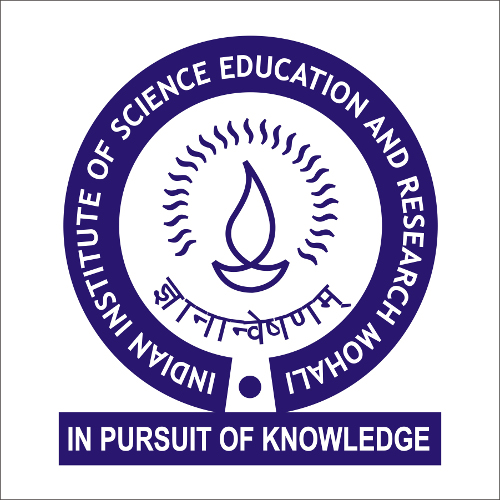Forthcoming Events
Soil and water monitoring; Phytoremediation
Dr. Sandip Singh
Location : Online
Abstract: Contamination of terrestrial environments due to anthropogenic activities (such as agrochemical based agriculture, disposal of municipal and industrial wastes, pollution in the irrigation sources, etc.) with variety of pollutants is a major cause of concern throughout the globe. The contamination of terrestrial environments with pollutants such as metal(loid)s, PAHs, pharmaceutical residues etc. poses several ecological and human health risks. Also, there is constant risks of accumulation of these contaminants in the food and fodder crops. Hence, there is a dire need for an eco-friendly and sustainable remediation technology to tackle the soil contamination. In this regard, phytoremediation provides an effective solution. Phytoremediation employs the use of plants for decontamination of aquatic and terrestrial environments, in which plants accumulate large quantities of pollutants in their tissues. In the past, majority of the phytoremediation research has been done using different food and fodder crops in controlled lab conditions. But, now the phytoremediation research is shifting towards finding non-edible, fast growing plant species, growing in contaminated areas in natural field conditions for effective results without any financial or health issues. Also, several amendments (such as biochar, earthworms etc.) are also being tried by researchers to enhance the phytoremediation potential of plants.
Meeting ID: 944 2649 3601
Passcode: 070134
Meeting ID: 944 2649 3601
Passcode: 070134

